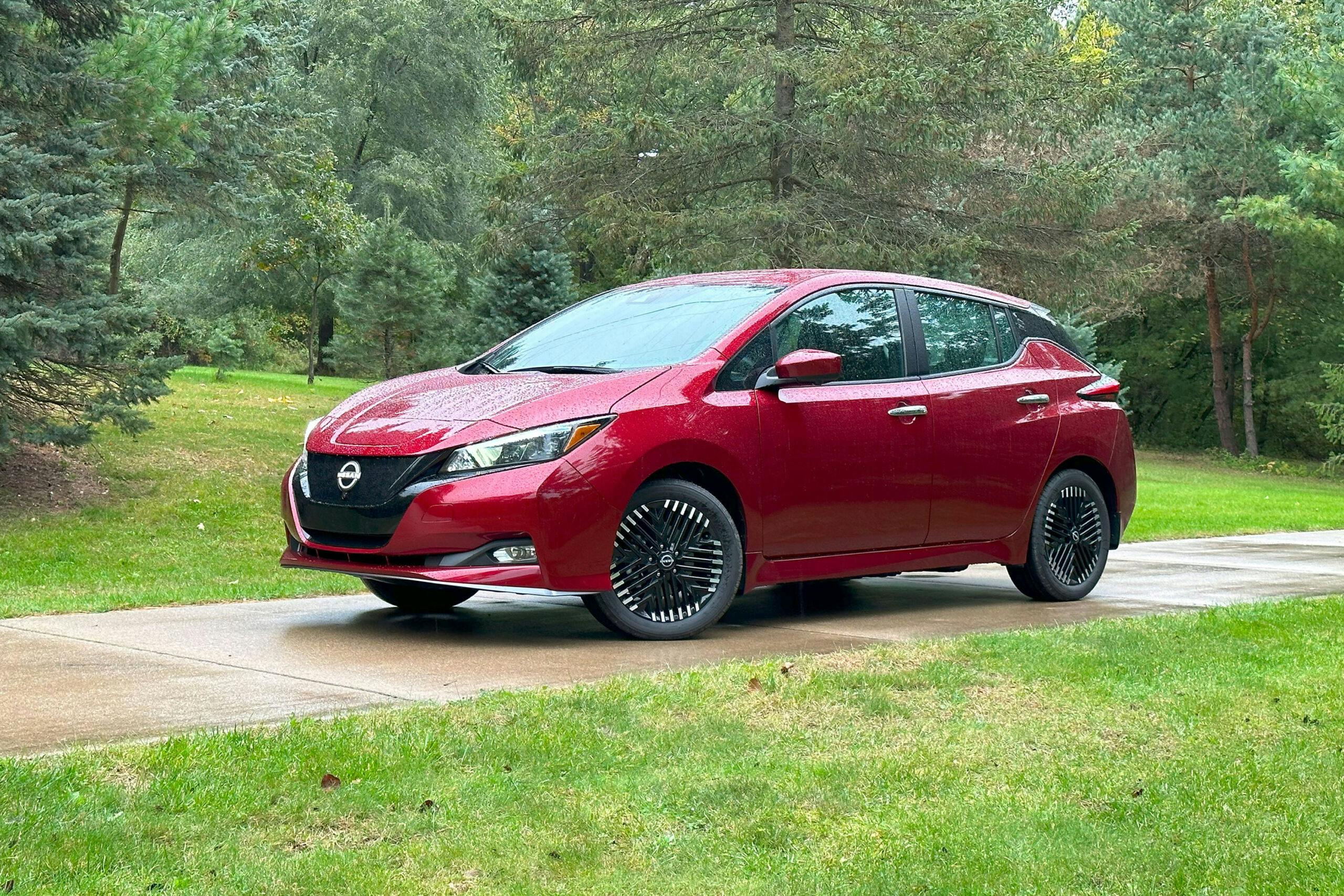The second-generation Nissan Leaf is one of the most affordable new EVs you can buy today. But what if you’re shopping for a used model, one from 2018 and up? As with any vehicle, there are some common issues to look out for, and this includes one big concern, but for the most part, this Nissan is a solid pre-owned option.
New for 2024?
Unfortunately, there’s nothing really new with the 2024 Leaf. This hatchback received a handful of minor tweaks the previous model year, so it’s steady as she goes today. As before, this is still a decent EV, one that’s just not sexy or fun in any way. If you want fripperies, look elsewhere.
As before, the Leaf is available with two battery sizes: 40 kilowatt-hours and 60. The former provides 149 miles of range and 147 horsepower, while the latter is good for 212 miles on a charge and 214 hp. Either way, the Leaf’s unusual CHAdeMO port will only DC fast charge at up to 50 kilowatts in the US, an uncompetitive figure.
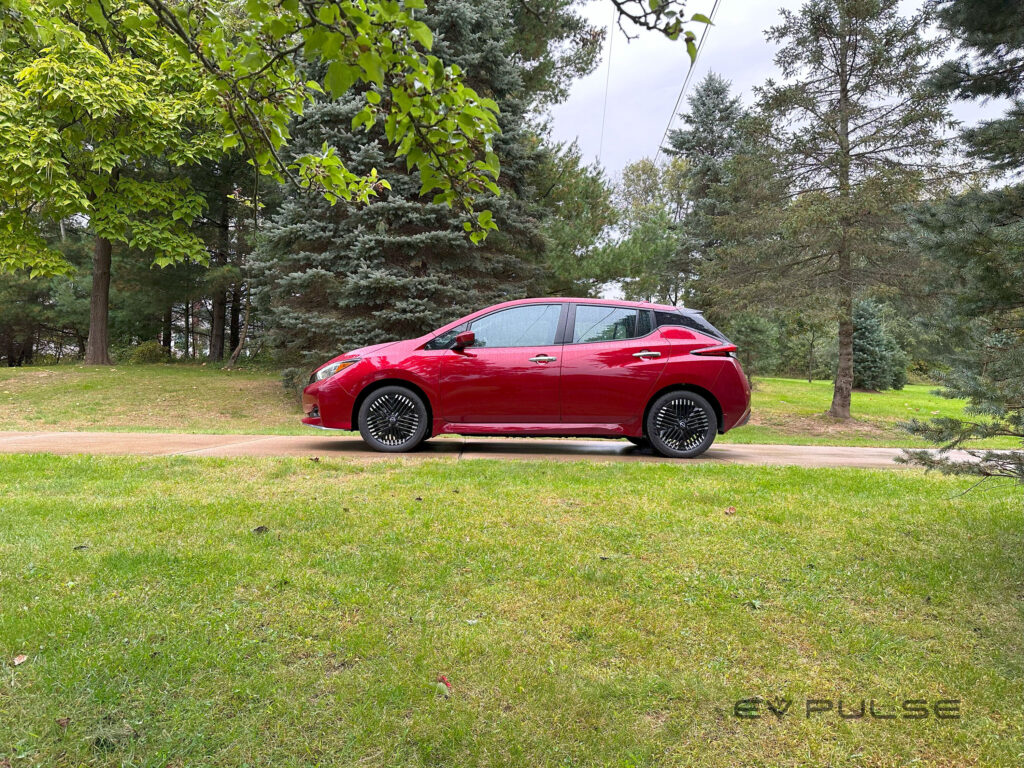
But what about the reliability of the second-generation Leaf? Should you avoid this car like egg salad left out in the sun? According to NHTSA and several other sources, here’s the scoop.
Check for recalls
So, the first thing to look out for when shopping for a used Leaf applies to all second hand vehicles: check to make sure any recalls have been taken care of.
The second-generation Leaf, which has been offered from 2018 to 2024, has been the subject of a few callbacks, but really not that many. It’s no 2020 Ford Explorer, after all.
As for recalls, this Nissan did have an issue with unintended acceleration, which is never a good thing. The problem would manifest when shifting from D to B with the gear selector after disengaging cruise control. Reprogramming a control module is the fix for this issue.
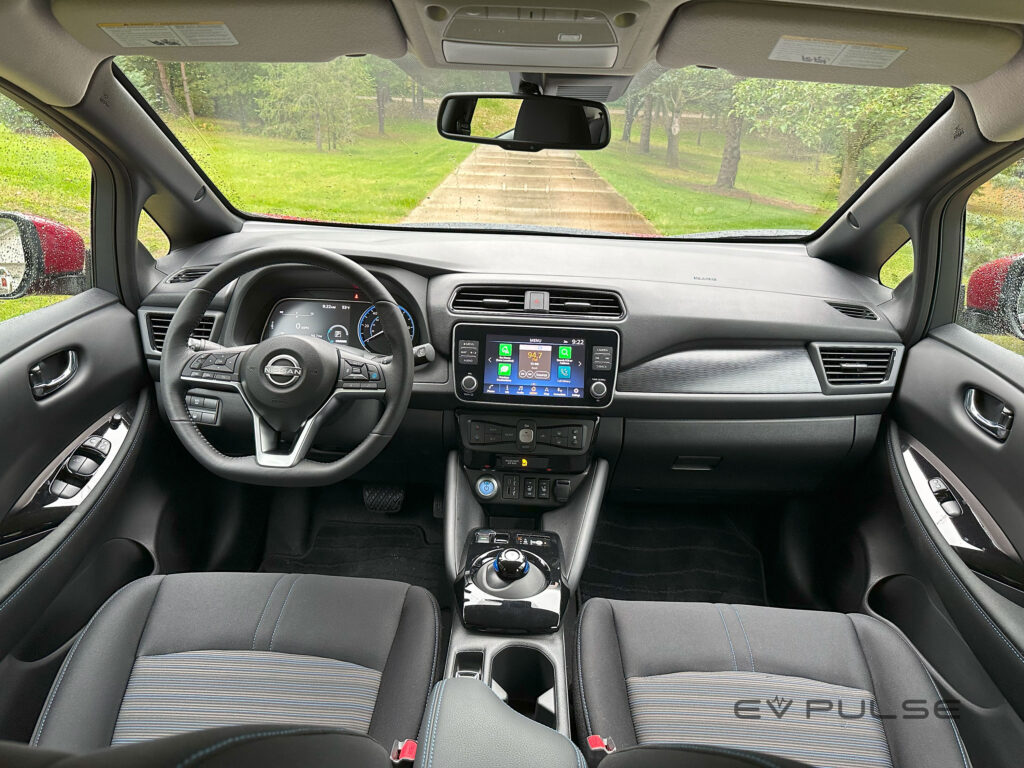
Next, this one’s pretty ridiculous. Incorrect instructions for operating the defroster were printed in the owner’s manual, which is, apparently a Federal Motor Vehicle Safety Standards violation. This issue was corrected by mailing an addendum to owners.
Another one of the Nissan Leaf’s recalls centered on the display screen, which could be adjusted by the driver so that no image was visible while reversing, another FMVSS violation, one that a software update corrected.
And finally, the 2020 Leaf, along with a couple other Nissan models was recalled because in some vehicles the rear window glass was not properly attached to the body, which could cause visibility issues. It’s likely this defect could also allow water to leak into the cabin.
But other than those four campaigns, that’s it. The 2021, ’22, ’23 and ’24 model year Leaf hatchbacks do not appear to have any additional recalls, at least not yet.
Owner complaints
Aside from all that, owner complaints are other things to consider when purchasing a used vehicle. In addition to callbacks, second-gen Leaf drivers have griped to NHTSA about a few other issues.
Unintended acceleration was one complaint. A couple notes about this are found on the NHTSA website, though this potential problem may have been corrected by the pertinent recall mentioned above.
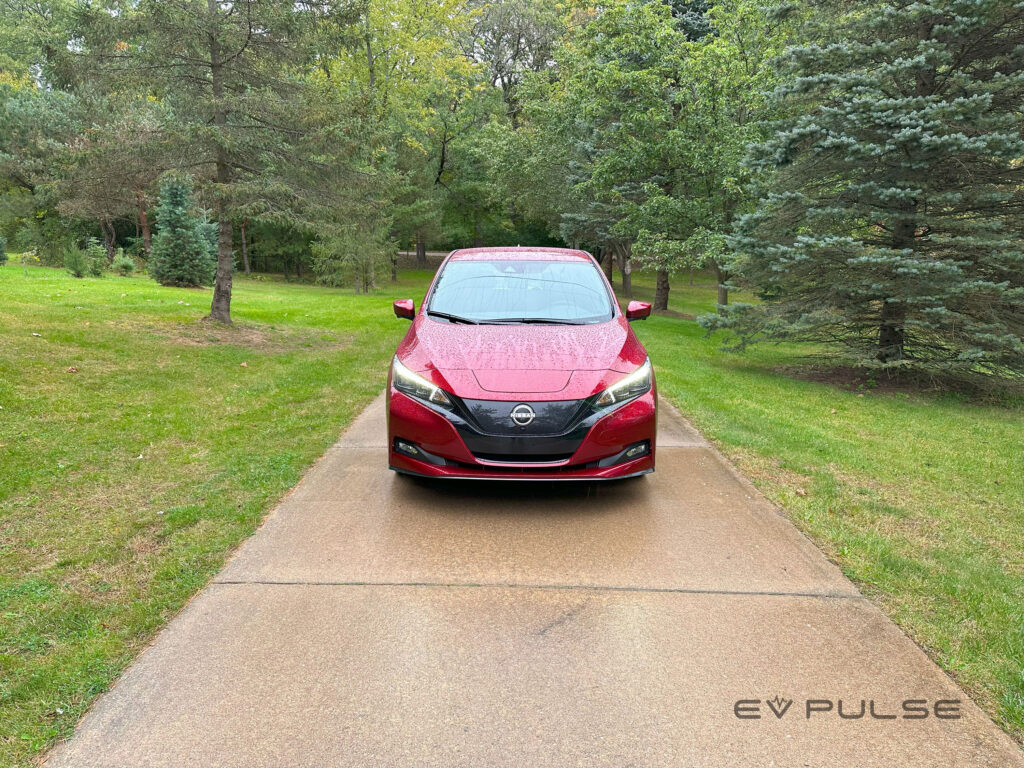
Other drivers griped about the automatic emergency braking system. Apparently, it has, in some situations, applied the brakes when nothing is in front of the car, and at other times it may not do anything when there is a clear obstacle ahead.
Another issue some 2018-to-2024 Leaf owners appear to have faced involves e-Pedal, Nissan’s name for a one-pedal driving mode. Reportedly, when engaged, the system won’t slow the car down. Unexpectedly, another owner supposedly had an issue with e-Pedal causing their Leaf to accelerate erratically when turning in a parking lot, though how that relates to the one-pedal drive mode seems suspicious.
A few owners of this Nissan EV appear to have had door-closing issues. Some have complained that these swing panels have sagged, suggesting some sort of structural issue, potentially with the hinges. A simple fix for this could be adjusting the latch strikers, which may be out of alignment.
And finally, a few complaints about the Leaf’s backup camera not working have also been reported. This issue may also have been corrected by one of the above-mentioned recalls.
But aside from those issues, the second-generation of this all-electric hatchback appears to have no major issues. The wheels don’t fall off, motors don’t catch on fire and the interior trim doesn’t crumble to bits two weeks after the bumper-to-bumper warranty ends. Overall, the Leaf sounds like a very reliable car, something many other websites and user reviews agree with. Also, on several Leaf forums, there appear to be precious few complaints about quality or reliability. Really, the only things owners seem to moan about the limited range, slow charging and silly CHAdeMO port.
It’s also worth noting, these are some general issues to keep an eye out for. There’s absolutely no guarantee your second-gen Leaf will have any of these problems or any other issues for that matter.
The battery pack
But finally, the biggest thing to look out for with this Nissan EV is the lithium-ion battery, which is almost certainly the single most expensive part of the car. In fact, it costs thousands and thousands of dollars to replace one.
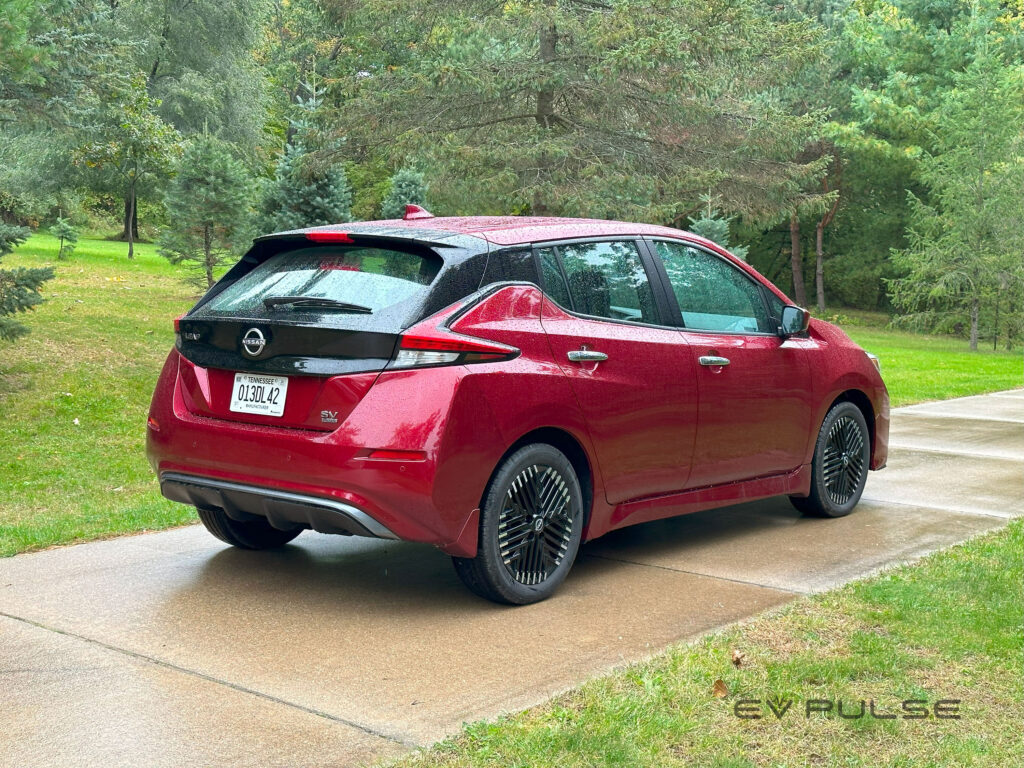
The issue here, unlike more modern electric vehicles, is that the Leaf’s battery pack is not liquid cooled and has no active thermal management. This means the car performs worse in extremely hot or cold conditions. Not having liquid cooling also makes it much harder to maintain an even temperature, which can degrade battery life over time, especially in harsh conditions.
Now, the good news is, the Leaf comes standard with an 8-year/100,000-mile fully transferrable warranty for the battery. This guarantee covers defects and capacity loss, meaning you’re protected if the battery health indicator falls to less than nine segments on the meter, or about 75%. So, if you’re looking at a 2018 Leaf, you’ve still got two more years on the warranty, assuming the last owner didn’t drive all the way across the country every other week.
The second-gen Nissan Leaf: A solid second hand EV
With a competitive warranty, this Nissan — whether new or used — should have no issues serving you reliably for many, many years and well beyond 100,000 miles, especially if you take good care of it. This battery-powered hatchback appears to be relatively free of issues and has been the subject of few recalls. If you’re looking for an affordable EV, consider a used Leaf.
